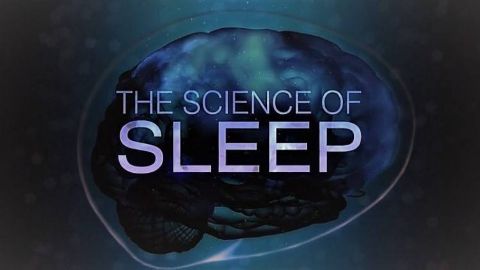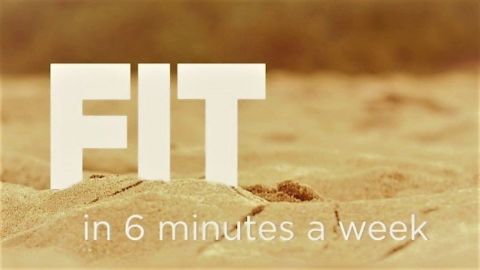The Truth about Meat • 2016
Fresh or processed, white or red - how does meat measure up? It's been getting a lot of bad press recently with new links to cancer and heart disease. But 98 per cent of us in the UK are still meat eaters. Chris Bavin, a greengrocer by trade and a carnivore by nature, wants to know if he can keep meat in his diet and stay healthy. He teams up with top scientists to put meat under the microscope and examine it as never before. They follow 40 volunteers on a groundbreaking study to find out exactly how much meat is good for us, test whether paying more for chicken makes it any better for us, discover a way to dramatically reduce the health risks associated with processed meats and reveal an unlikely lean supermeat that won't break the bank.
Make a donation
Buy a brother a hot coffee? Or a cold beer?
Hope you're finding these documentaries fascinating and eye-opening. It's just me, working hard behind the scenes to bring you this enriching content.
Running and maintaining a website like this takes time and resources. That's why I'm reaching out to you. If you appreciate what I do and would like to support my efforts, would you consider "buying me a coffee"?
Donation addresses
BTC: bc1q8ldskxh4x9qnddhcrgcun8rtvddeldm2a07r2v
ETH: 0x5CCAAA1afc5c5D814129d99277dDb5A979672116
With your donation through , you can show your appreciation and help me keep this project going. Every contribution, no matter how small, makes a significant impact. It goes directly towards covering server costs.





